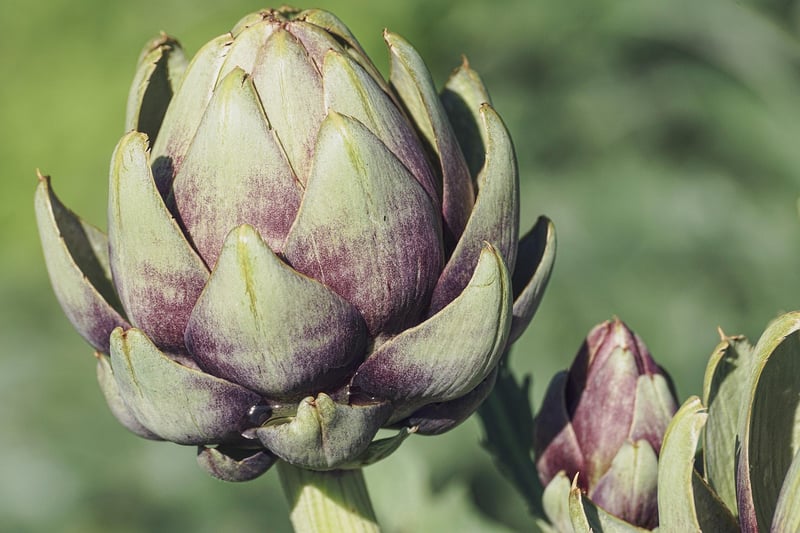Plant Nutrition
Caring for Vertical Gardens and Plant Nutrition
Introduction
Vertical gardens are a beautiful way to bring nature into urban spaces and maximize greenery in limited areas. However, caring for vertical gardens requires specific attention to detail to ensure the health and vitality of the plants. In this article, we will explore essential tips for maintaining vertical gardens and providing proper plant nutrition for optimal growth.
Caring for Vertical Gardens
Vertical gardens require regular maintenance to thrive and flourish. Here are some key tips to keep your vertical garden looking its best:
1. Watering
Ensure that your vertical garden receives adequate water. Depending on the types of plants you have, you may need to water them daily or several times a week. Monitor the moisture levels in the soil to prevent overwatering or underwatering.
2. Pruning and Trimming
Regular pruning and trimming are essential to prevent overcrowding and promote healthy growth. Remove dead or yellowing leaves, as well as any overgrown branches to maintain the aesthetic appeal of your vertical garden.
3. Pest Control
Keep an eye out for pests that may damage your plants. Inspect your vertical garden regularly for signs of infestation and take appropriate measures to control pests, such as using organic pesticides or introducing beneficial insects.
Plant Nutrition
Proper plant nutrition is crucial for the overall health and vitality of your vertical garden. Here are some tips to ensure your plants receive the nutrients they need:
1. Fertilization
Regularly fertilize your plants to provide essential nutrients for growth. Choose a balanced fertilizer that is suitable for the types of plants in your vertical garden. Follow the instructions on the fertilizer package for the correct application.
2. Soil Health
Ensure that the soil in your vertical garden is rich in nutrients and well-draining. Consider adding organic matter or compost to improve soil fertility and structure. Healthy soil is the foundation for healthy plants.
3. Micronutrients
Pay attention to micronutrients such as iron, magnesium, and calcium, which are essential for plant growth. If you notice nutrient deficiencies in your plants, consider using micronutrient-rich fertilizers or supplements to address these deficiencies.
Conclusion
By following these tips for caring for vertical gardens and providing proper plant nutrition, you can create a vibrant and thriving green space in any environment. Remember to give your plants the attention and care they need to flourish and enjoy the beauty of your vertical garden for years to come.

For more information on vertical gardening and plant care, visit Royal Horticultural Society.
